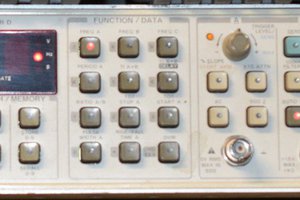The modules
The L1VM can be expanded by modules (shared libraries). A module has an own API to access the functions from the VM. Here is the list of modules:
Cells - linked neural networks with FANN library
endianess - convert to big endian, or little endian functions
fann - FANN neural networks
file - file module
genann - neural networks module
gpio - Raspberry Pi GPIO module
math - some math functions
math-nofp - math module for use without FPU
math-vect - math on arrays functions
mem - memory allocating for arrays and vectors
mem-vect - C++ vector memory library
mpfr-c++ - MPFR floating point big num library
net - TCP/IP sockets module
process - start a new shell process
rs232-libserialport - RS232 serial port using libserialport
rs232 - RS232 serial port module
sdl 2.0 - graphics primitves module, like pixels, lines..., and GUI with buttons, lists, etc.
string - some string functions
time - get time and date
You can use this modules in your own Bracket programs.
And you even can develop your own modules!
The L1VM now runs on Linux (testet on Debian, Ubuntu, Fedora), Windows 10 (via WSL) and macOS.
On the Raspberry Pi the serial port and the GPIO pins can be programmed with my rs232 and gpio module.
I use them to control a robot with my Raspberry Pi
 jay-t
jay-t

 David Troetschel
David Troetschel
 Jake Ingman
Jake Ingman
 JJ
JJ
 Bharbour
Bharbour
I find myself trying to figure out the syntax of your language from just this listing...